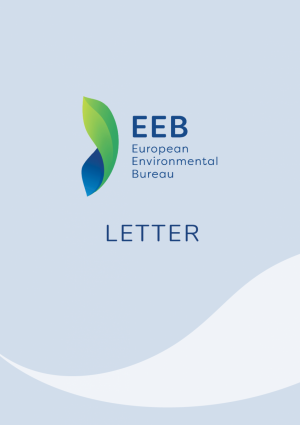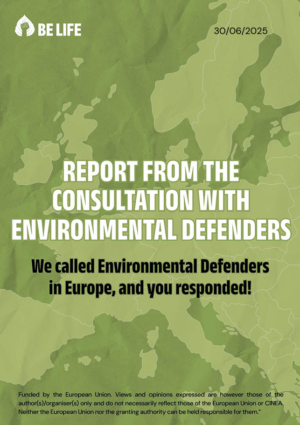
Whistleblowing law in 2021, a quick guide
See also an accompanying press release.
This report is a summary of legal protections and risks faced by whistleblowers in Europe’s largest economies. We aim to give officials and private employees the information they need to judge whether they are in a position to call out wrongdoing and how to protect themselves from any reprisals.
Summaries by country offer would-be whistleblowers a quick overview of legal protections where they live. More complete information is available here. Though the law of the land is a relatively fixed matter, the scale of the incoming EU Whistleblowing Directive, which must be transposed into national law by 17 December, means that it is already influencing decisions of senior judges even in countries where it is not yet transposed into law. This report therefore also offers an analysis of this landmark directive and the direction of travel for national law.
In summary, where legal protections exist, they mostly shield those who blow the whistle on corrupt or illegal behaviour, not least criminal behaviour with environmental impacts. Protections are less clearly defined when it comes to exposing poor or harmful but lawful governmental policies. The situation is less clear still when it comes to EU institutions, whose staff are shielded only by a patchwork of staff regulations that are often a pale imitation of the whistleblower directive they may have helped create.
Of particular interest to the European Environmental Bureau are the opaque forms of corporate lobbying and how they influence policymaking. Europe’s corridors of power have long welcomed powerful corporate interests that do not operate in the public interest, let alone for the environment that supports all life on Earth. This favour is why populists characterise national governments and the EU in particular as a playground
for corporate lobbyists. They have a point, one that successive Commission Presidents have done little to dispel, their reluctance to meet with representatives of environmental organisations contrasting starkly with their willingness to meet regularly with business representatives. .
It is crucial that citizens are better heard and that their representatives in the environment, consumer, labour, development and other non-profit organisations play a prominent role in law-making. With the environment the pre-eminent issue of our lifetime, we are particularly interested in the European Green Deal, the EU budget and pandemic recovery plans.
Regardless of who is in charge, however benign, there will always be a place for the whistleblower. These are individuals that feel so strong a sense of public duty that they willingly risk their job and even their liberty to expose wrongdoing. The outcome is a glimpse into embryonic and still malleable lawmaking or enforcement, intelligence irresistible to journalists and invaluable to NGOs.
This report seeks to inform those who wish to expose confidential company or official documents in the public interest because the public’s right to know outweighs other concerns. It provides an up-to-date summary of the legal protections afforded to whistleblowers, as well as expert opinion on how aggressive prosecutors have been to date and what the possible sanctions are. The format is designed to offer a quick digest, backed up by legal references to facilitate any legal advice they may wish to take, and longer supporting texts available separately. We hope that by increasing understanding of the risks and protections, we can contribute to removing barriers to whistleblowing in the public interest.
Acknowledgements
This report was conceived by Jack Hunter, Senior Communications Officer of the European Environmental Bureau. It is based on national assessments undertaken by litigation and regulatory lawyers co-ordinated by Grégoire Paquet and Margaux Bia of DLA Piper. The legal research work was done pro-bono thanks to the Thomson Reuters Foundation, which works to advance media freedom, foster more inclusive economies, and promote human rights. We thank all the firms as well as individuals involved in this project for their time and efforts.





